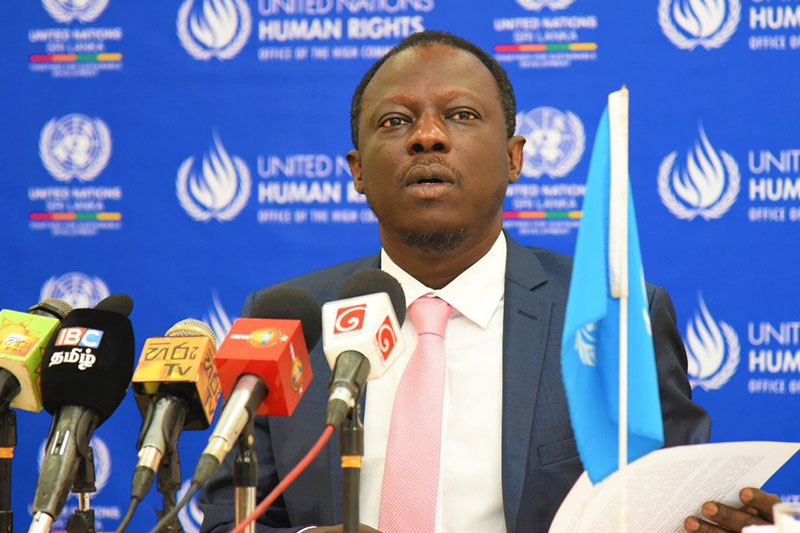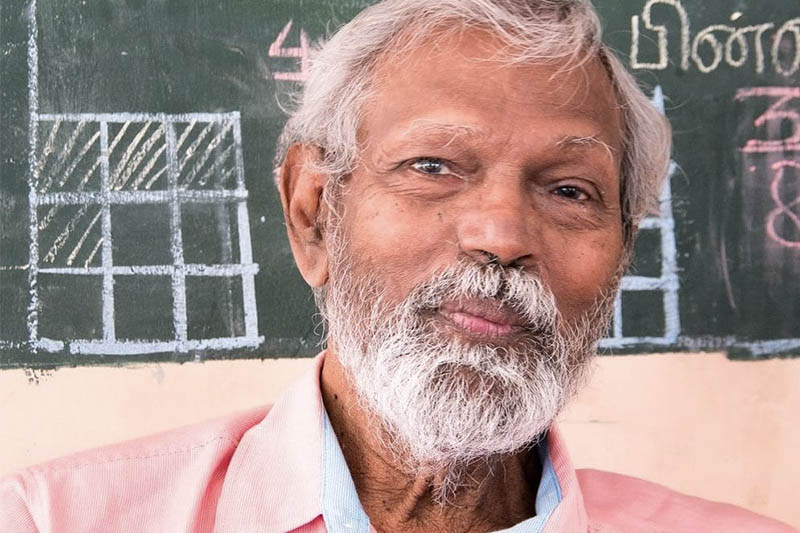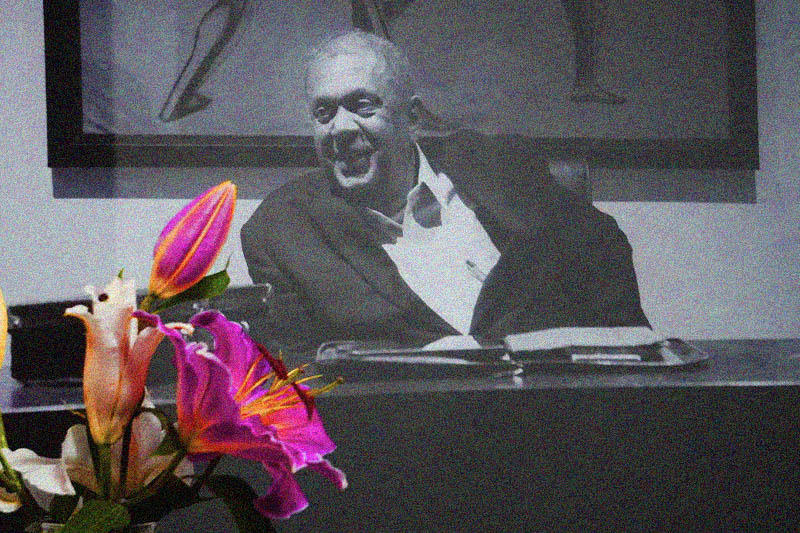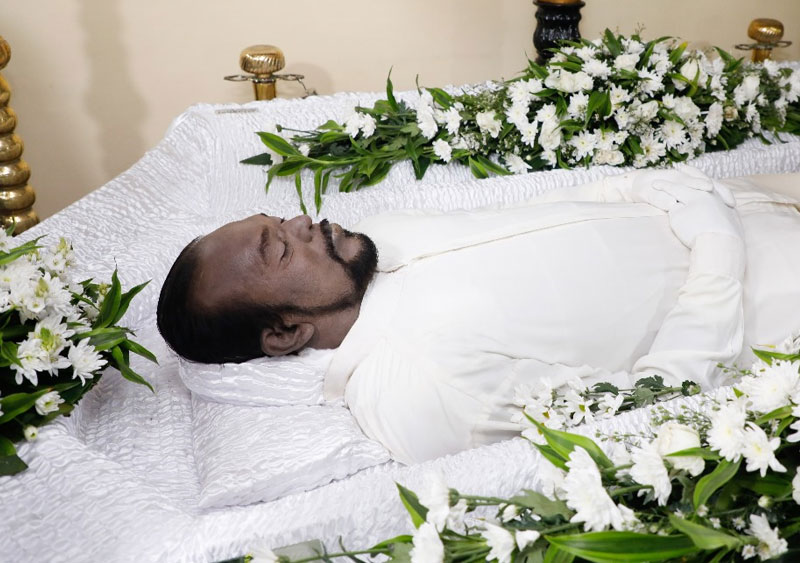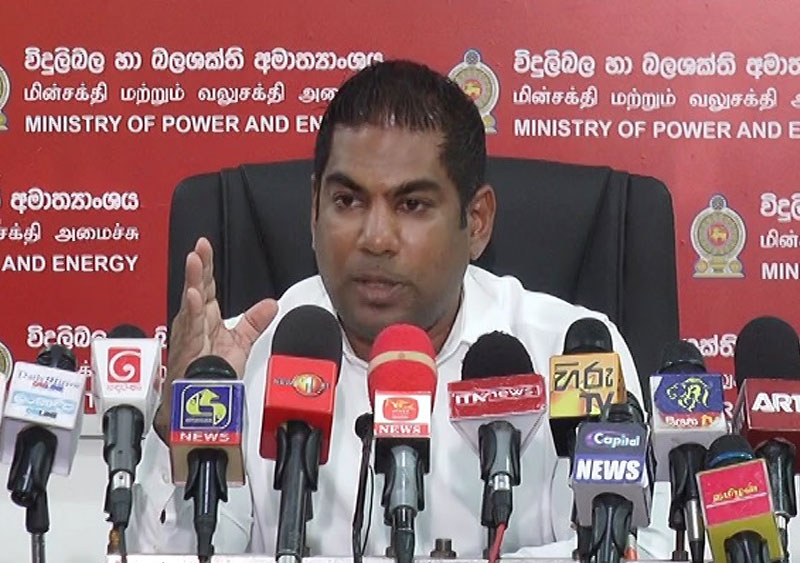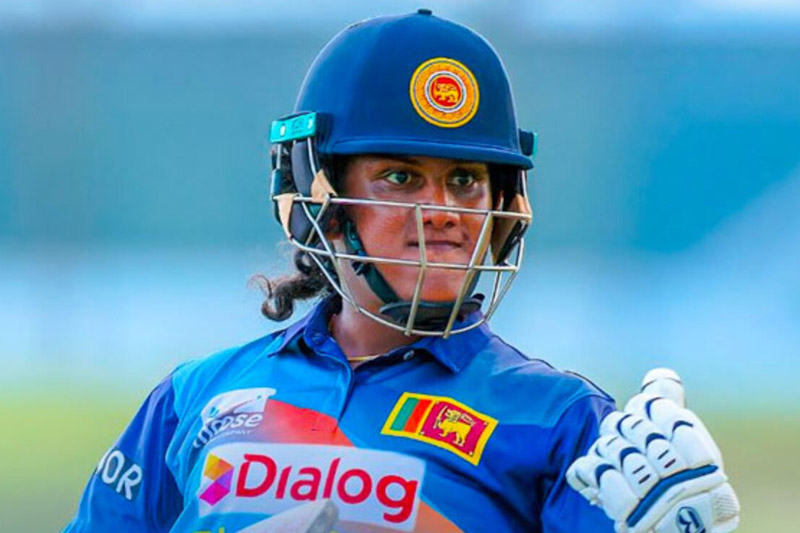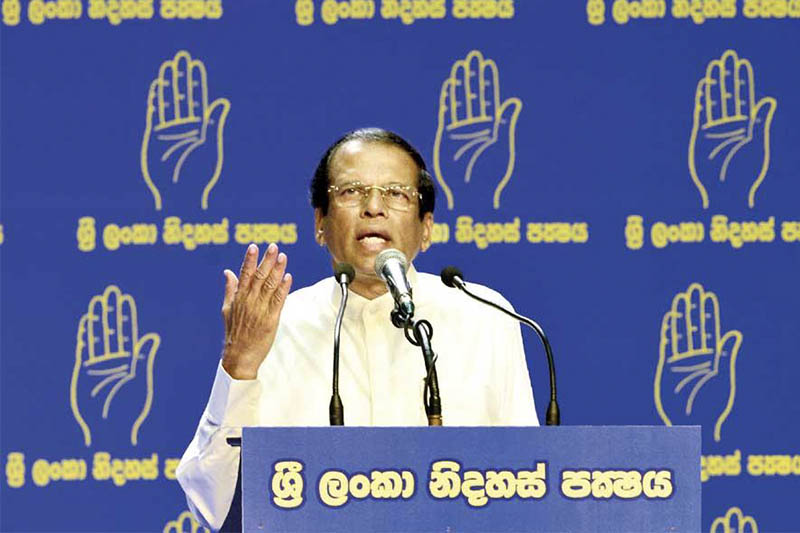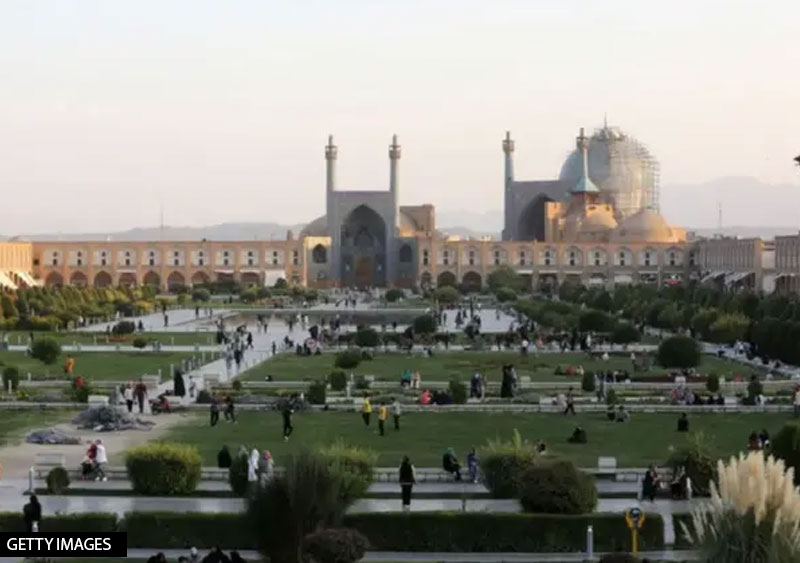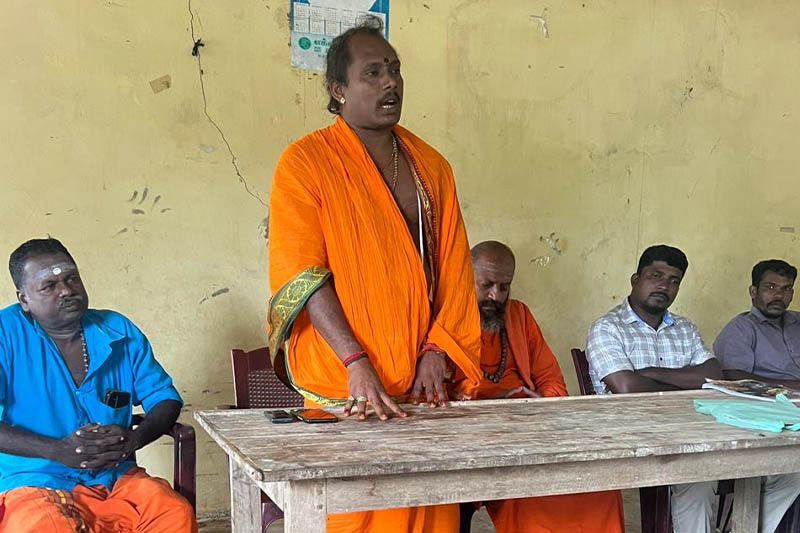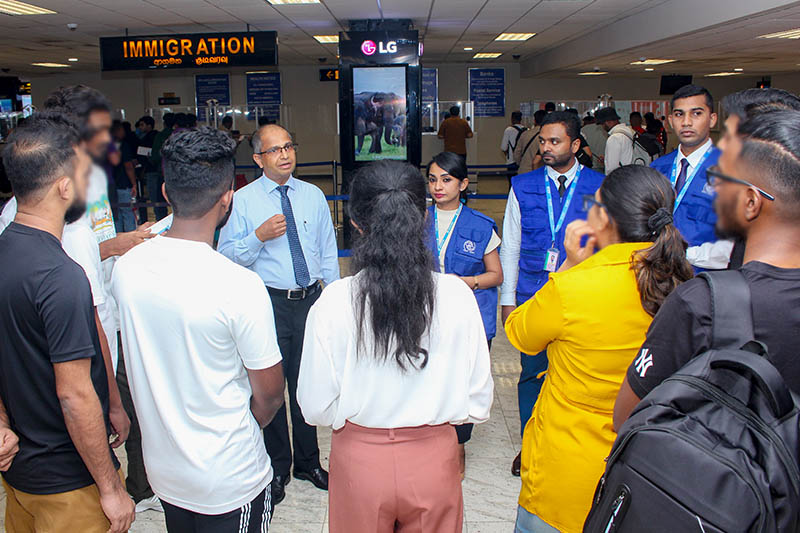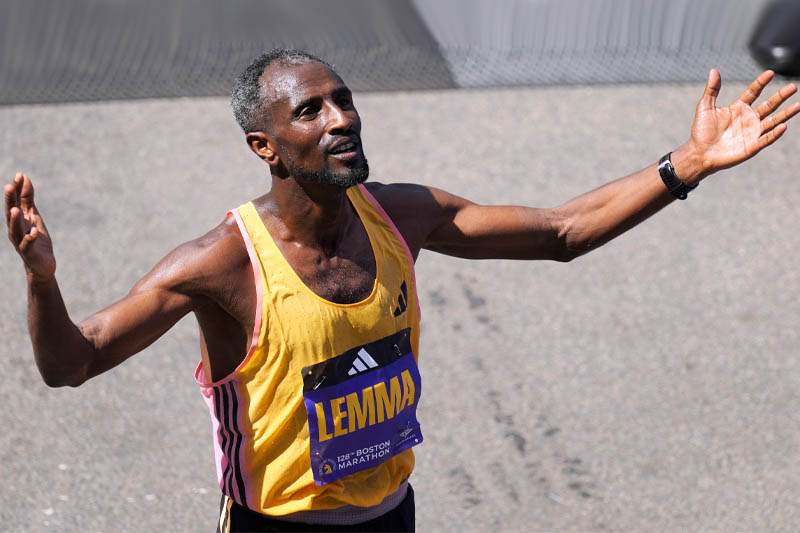UN Special Rapporteur on the Rights to Freedom of Peaceful Assembly and Association, Clément Nyaletsossi Voule notes that while there is legislation in place to combat hate speech, especially in the aftermath of the Easter Sunday attacks, including under the International Covenant on Civil and Political Rights (ICCPR) Act of 2007, the legislation is not applied with an even hand.
He says that discriminatory and violent rhetoric, particularly by members of the majority community frequently goes unpunished.
“This is exacerbated by the use of social media to fan the flames of hatred and spread misinformation. This is a serious threat to the existence of a respectful and peaceful dialogue among sectors of society, an essential element for any representative democracy,” Voule said at the conclusion of his recent visit to Sri Lanka.
The UN official called on the people of Sri Lanka to act together to secure democracy, human rights and the rule of law.
“At the root of the rights to freedom of peaceful assembly and of association is the ability of people to come together to make their voices heard. It is important that the people of Sri Lanka unite in order to bolster the democratic progress that the country has made so far,” he noted while presenting a preliminary statement at the end of a visit to the country.
“While Sri Lanka is party to many of the international human rights instruments which have created clear human rights obligations for the State and while legislation has been put in place to largely reflect these obligations, divisions in society represent a threat to them being fully achieved.”
Voule expressed concern over the widespread fear of setbacks in the democratic gains expressed by all sectors of society.
“It is important that the country’s political leaders do not dismiss people’s desire for freedom, rule of law and democracy and do not undermine the progress that has been hard fought for, particularly in light of the upcoming elections.”
The UN expert said that while the Sri Lankan constitution protects the rights to both freedom of peaceful assembly and freedom of association, he was made aware of a number of laws whose application jeopardised those rights, including sections of the penal code, the ICCPR Act, as well as the Prevention of Terrorism Act (PTA) and the Vagrants Ordinance used specifically in targeting LGBTQ minorities.
“It has been brought to my attention that these laws are frequently applied in a discriminatory manner against those people organising around specific issues such as disappearances, land rights, livelihood and access to resources, and development projects,” Voule observed.
“The Government must equally act to address the root causes of protests, dealing head on with the issues raised by participants in the course of their demonstrations.”
The Special Rapporteur’s visit comes following the Easter Sunday terror attacks in April and a constitutional crisis late last year.
Also, the application of emergency regulations at present has heightened tensions and has made it more difficult for some members of civil society to carry out their activities and assemble peacefully, he noted.
Failure to enact comprehensive security sector reform since the devastating and protracted civil war, which ended in 2009, has also made it difficult for civil society to operate. Intelligence frameworks that carry out surveillance of protests and other activities are still in place, and threats and harassment of human rights defenders have also been reported, he said.
“In certain areas of the country, this is reminiscent of past practices and continues to instill fear and deter people from exercising their rights to freedom of assembly and association,” Voule said.
During his visit to Sri Lanka, the UN expert travelled to the North, South and East as well as held several meetings in Colombo.
He met Government officials and representatives of civil society, trade unions and others.
The Special Rapporteur’s conclusions and recommendations will be presented to the UN Human Rights Council (UNHRC) in June 2020.

